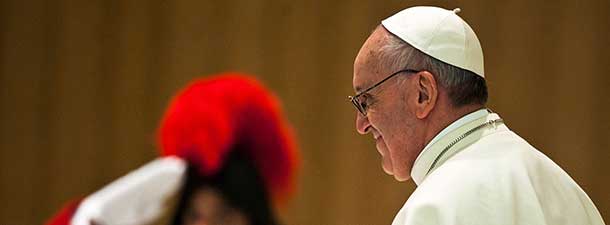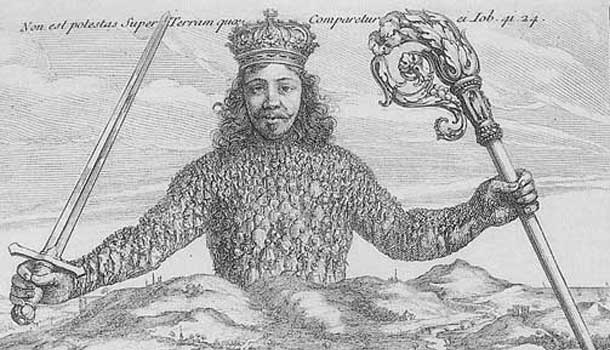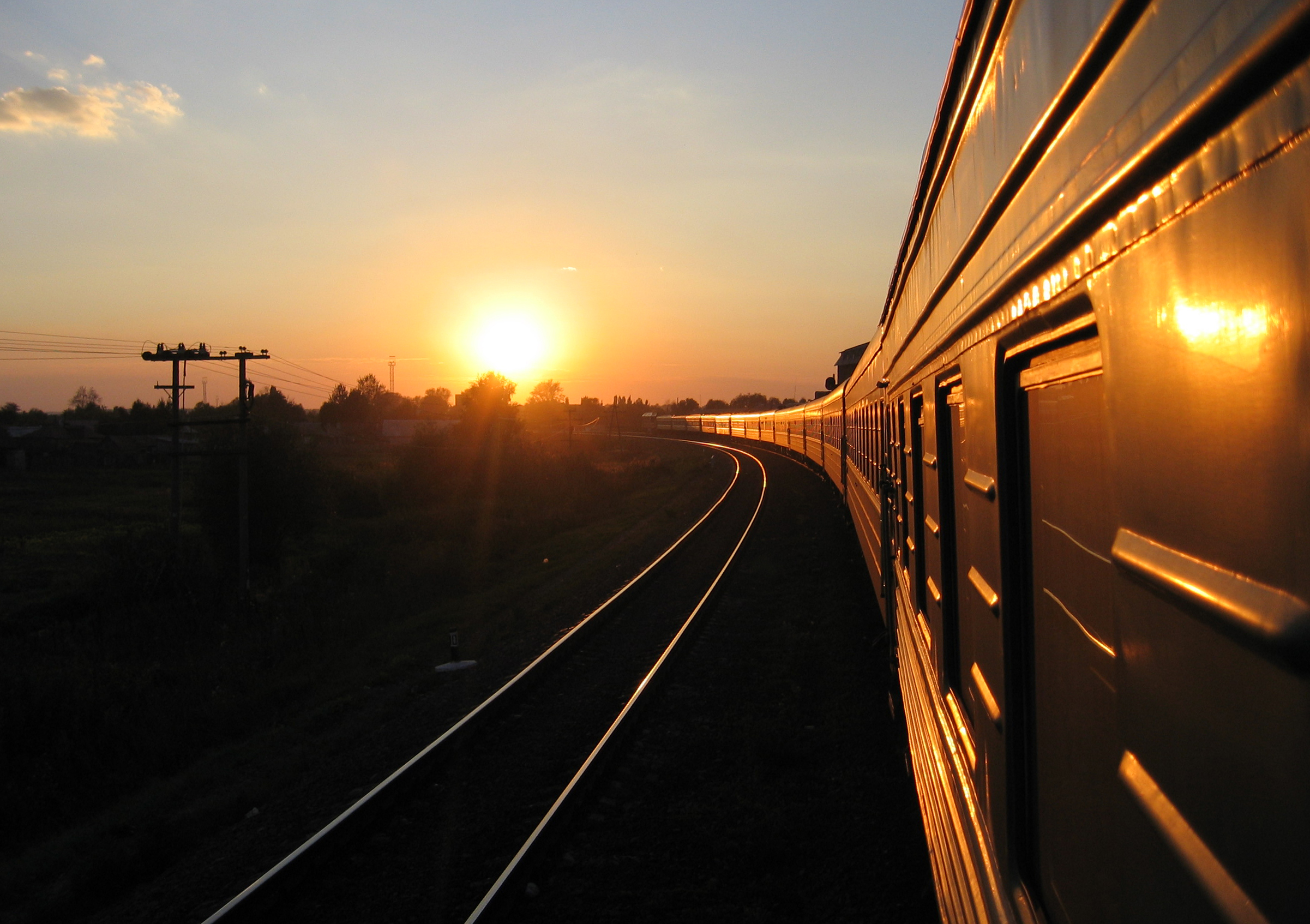
The Pope and the Other
June 1, 2013
Nonno Panda and the Dolphin
June 1, 2013Boston’s Aftershock: Terror, Myopia and the Shrinking of American Democracy
He that would make his own liberty secure must guard even his enemy from oppression; for if he violates this duty he establishes a precedent that will reach to himself.”
Thomas Paine
The bombing attack that wrought havoc on the Boston Marathon on April 15 brought terrorism back to the American mainland. The state of the world being what it is, it was always a foregone conclusion that terror would strike again on home soil, but the fact that there had been such a long lapse created an illusory sense of invulnerability, a feeling that somehow confrontations with international terror might remain confined abroad.
But this was not a remote Special Forces outpost in Afghanistan, nor the US Embassy in Libya or Pakistan, it was ordinary spectators and athletes at a famed sporting event in New England, the softest target imaginable. The shock and outrage was immediate because terrorism, regardless of its ideology, grievance or motivation, always entails the murder and maiming of innocents. It has also been rather a long time since we witnessed scenes of carnage and mayhem on our small screens, so the disruption of normality was all the more jarring.
Nonetheless it is difficult to grasp why, in the wake of so many more recent, far more lethal, mass shooting incidents across the country and the ignominious failure (yet again) of Congress to enact substantive gun control legislation, large- scale firearm-caused murder sprees are somehow more readily tolerated in the American national psyche, as if they were any less horrific and deplorable. And, unlike an unpredictable terror threat, we could take tangible action to curb gun violence through meaningful reform.
Last year seventeen Americans were killed in terrorist attacks, where in an average year, some 30,000 will die because of domestic gun violence. How the stark difference between the two figures does not prompt more soul-searching and outrage is nothing less than bewildering, though it also speaks to the pervasive influence of the National Rifle Association, the most powerful voice of the pro-gun lobby and not least the enduring strength and mythology of American gun culture.
If local and federal law enforcement agencies were judged competent in their response, what ensued in the immediate aftermath – and indeed, even in the midst – of the now-concluded manhunt for Chechen-American brothers Tamerlan and Dzhokar Tsarnaev was a glaring lack of perspective, predictable islamophobia, and deluge of sensationalist alarm, masquerading as journalism that ultimately amounted to a sort of mass hysteria.
Nothing was more odious than the lynch-mob backlash of the televised far right pundits like Sean Hannity and Ann Coulter of Fox News, although the award for hate speech, hands down, belonged to author and agent provocateur Erik Rush who called on all Muslims to be killed. Overall, Boston was not broadcast network’s finest hour, with the supposedly more centrist and rational CNN filling the air waves with unsubstantiated rumour-mongering and hearsay and passing it off as analysis. The comic moment came when the Czech Embassy felt compelled to issue a statement to the geographically challenged that while the nation it represented also began with the letter C, Czechs are not Chechens and the Czech Republic is in Central Europe not the Caucasus.
Arguably even worse was a pronouncement by South Carolina Senator Lindsey Graham that the attack had confirmed the existence of a home front and thus the Constitution was now “obsolete.” Graham’s draconian logic was then followed by New York City Mayor Mike Bloomberg’s assertion that in the current climate of insecurity the Constitution had outgrown its founding principles and should be reinterpreted. In what manner exactly? As it is, the core values – the civil, legal, and human rights guaranteed by the US Constitution and the Bill of Rights – that form the cornerstones of American democracy have been thoroughly eviscerated by an ever more authoritarian array of national security laws post 9/11. One wonders how much more fat Graham and Bloomberg would like to trim from the liberties we may no longer take for granted.
Under the current legal framework an American citizen suspected of ties to terrorism may be arrested without charge, held indefinitely incognito, without right to legal counsel, tortured, even assassinated and subject exclusively to military law. It comes then as no surprise that there have been vocal calls for Dzhokar Tsarnaev, the surviving suspect of the two alleged Boston bombers, to be tried as an enemy combatant in a military court, rather than face a civil criminal trial. Thankfully, Tsarnaev, as an American citizen, has been charged and will be tried in a civilian court – as have a number of other high-profile terrorist suspects in recent years.
Why did two well educated, reasonably affluent immigrants of Chechen origin from Dagestan, one of them a naturalised American citizen, choose to unleash terror and murder on their adopted country? Time will tell as the trial ultimately gets underway, but in the interim, the Boston attack has revealed very little of their true motivation for their unspeakable actions. It has, however, put a ferocious, long-forgotten and much-misunderstood conflict back into the limelight, though not in a remotely objective way.
Russia’s two wars against separatist Chechen rebels since 1994 have amounted to a genocide, claiming some 200,000 victims – most of them civilians – out of a population of only one million. The current Chechen puppet regime headed by Ramsan Kadyrov is a routine violator of human rights. State-sponsored, extra-judicial killings, disappearances, torture and rape are commonplace and any dissent is swiftly silenced. It is a grim record echoing the Kremlin’s own abysmal conduct as a police state, thinly disguised as a democracy. Indeed Russia’s own current government has gained a well-deserved reputation as the most abusive and brutal expression of Russian rule of the post-Soviet period.
It makes no sense that the two Tsarnaev brothers should have turned their wrath on America, when the wrongs they may have believed they were avenging were Russia’s doing, unless they have adopted the creed of global jihadism. It is true that many of the remaining Chechen rebels have transformed from secularist, nationalist insurgents, to become radical Islamists, but even they have disavowed the two bombers. It remains a fact that the most of the Chechen people still adhere to a far more tolerant variation of Sufic, mystical Islam and reject Wahabbism. It is also a hard truth that the radicalisation of the Chechen conflict is rooted in the wholesale slaughter carried out by Moscow, and the silence that emanated from most Western capitals after 9/11 over Russia’s prosecution of the war. In a quid pro quo, the Kremlin traded its own tacit acquiescence over Western intervention in Iraq and Afghanistan for a similar Western silence over Chechnya. Terrorism seldom occurs in a vacuum. Increased cooperation with Russia on counter-terrorism is security realpolitik and perhaps sheer necessity, but it also should also prompt worry.
What conclusions may we draw from Boston? Very few. One is that the example of the two brothers from Dagestan may well pose an even more difficult variable in counter-terrorist warfare. Terror cells within Al Qaida are by definition decentralised, one group unaware of another, so that the elimination of one cell, will not expose nor thwart an attack by another. Even so, that remains within the franchise. Tracking a lone group with no known affiliation or commanding authority above it, beyond the radicalisation of its members, will be even more difficult to discern, identify and stop. In no instance – ever – can all terrorist acts be intercepted or averted. The nature of all warfare is fluid and subject to adaptation. This is true of terrorism as well. Drawing an intelligence picture of future would-be attackers like the Tsarnaev brothers will prove problematic at the very least.
There is a second consequence, and perhaps more profound danger, in the aftermath of the Boston bombings. That danger is this: if we continue to corrode and diminish democracy, even in the name of preserving it, building ever higher walls around our society, we are slowly constructing a nation that is as intolerant and as restricted in vision as the enemies that confront us.




